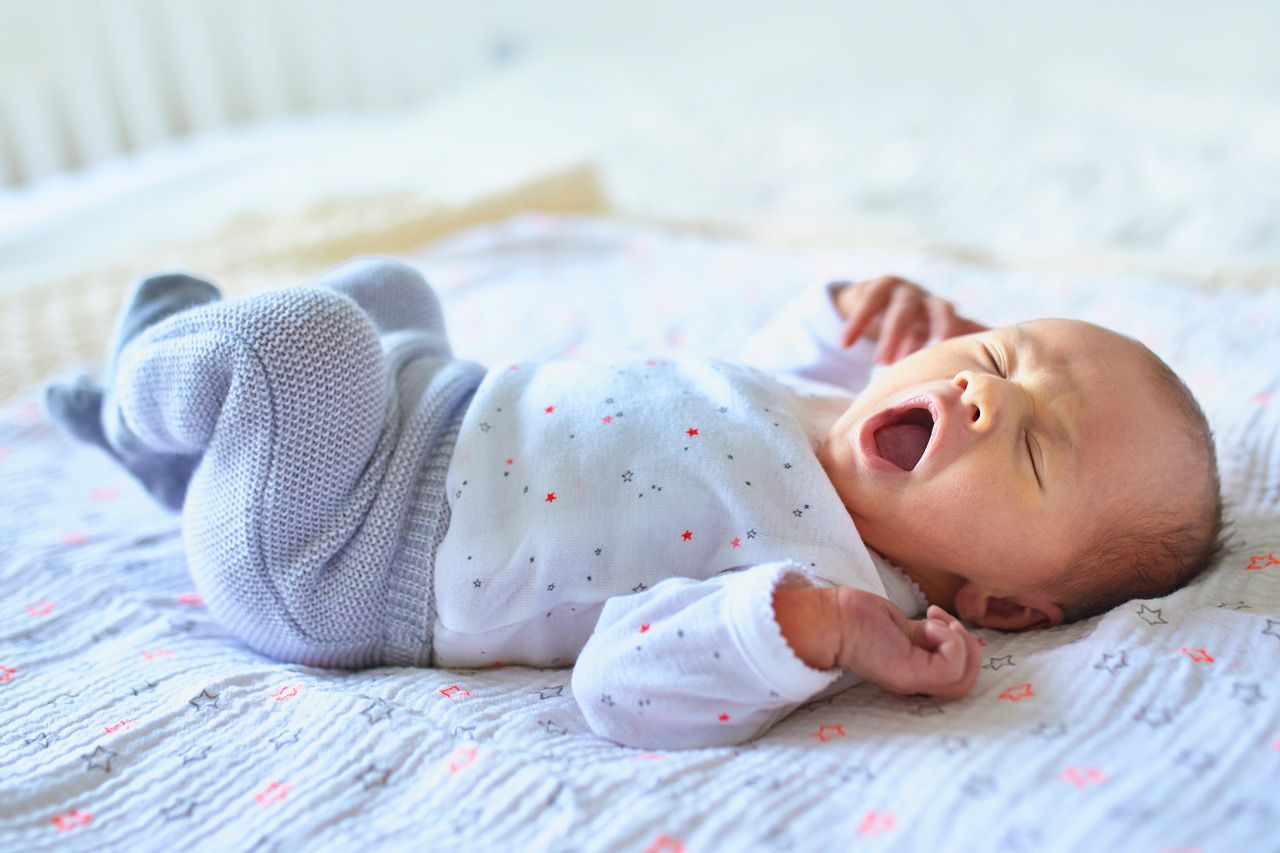 “Sleep is important for both your baby and you, but you have to remember there are certain rules to keep in mind to keep your sleeping baby safe,” says Bert Mandelbaum, MD, Chair, Department of Pediatrics, Penn Medicine Princeton Medical Center. “Failure to follow those rules can put your baby at risk for SIDS (Sudden Infant Death Syndrome) or other sleep-related dangers such as suffocation.”
“Sleep is important for both your baby and you, but you have to remember there are certain rules to keep in mind to keep your sleeping baby safe,” says Bert Mandelbaum, MD, Chair, Department of Pediatrics, Penn Medicine Princeton Medical Center. “Failure to follow those rules can put your baby at risk for SIDS (Sudden Infant Death Syndrome) or other sleep-related dangers such as suffocation.”
SIDS is the leading cause of death for children one month to one year of age. Most of those deaths occur between the ages of one and four months, and SIDS is most common among African American and Native American babies, according to the Centers for Disease Control and Prevention.
There are several points to keep in mind when it comes to keeping your baby safe while sleeping, says Dr. Mandelbaum, who is board certified in pediatrics. He suggests parents keep in mind the following recommendations:
- Always place your baby on his or her back to sleep, both at night and during naps. If your baby turns over during sleep, it is not necessary to return them to their back.
- Keep blankets and sheets, pillows, toys, bumpers, and other items out of your baby’s crib.
- Bed sharing with your baby is not recommended, under any circumstances. If you bring your baby into your bed or onto a couch during feeding, and they fall asleep, place your baby back in his or her bed.
- Never place your baby on a soft surface like a couch, blanket, or pillow to sleep.
- Set up your baby’s crib or bassinet in your bedroom, near your bed, for at least six months.
- Place your baby on a firm, flat surface to sleep, such as a mattress in a safety-approved crib or bassinet, and cover the mattress with a fitted sheet.
- If you provide your baby with a pacifier for naps and at night, make sure it is not attached to a string, clothing, or toy. If the pacifier falls out during sleep, there is no need to replace it.
- Dress your baby appropriately for his or her sleeping environment, to avoid allowing your baby to get overheated.

